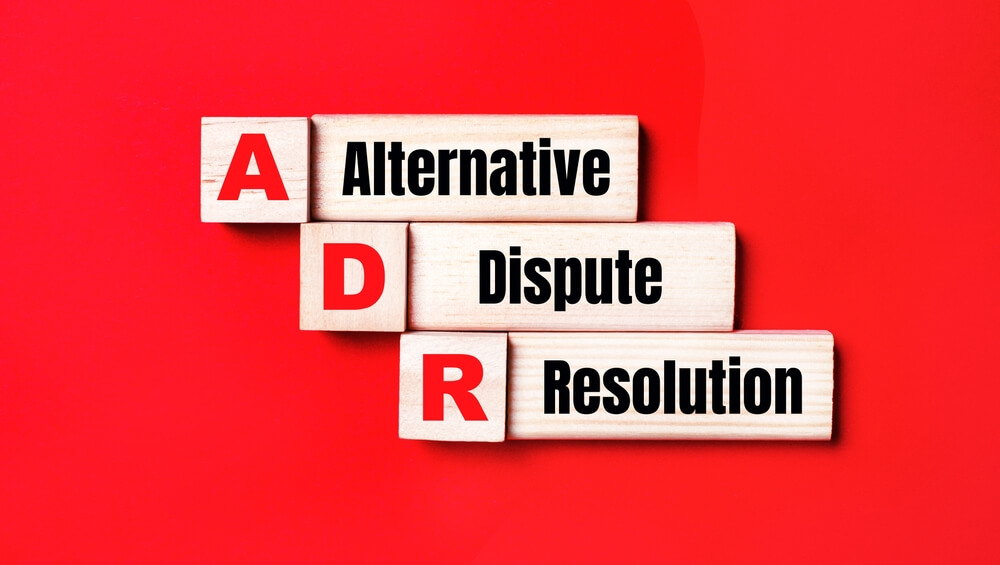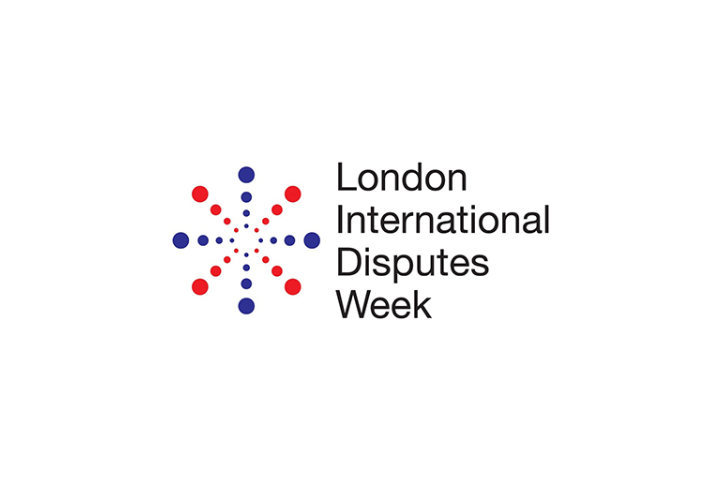Resolving disputes can be cost-effective, efficient, and maintain relationships when done without the expenses and delays of court proceedings. That’s where alternative dispute resolution (ADR) comes in.
At TV Edwards, our alternative dispute resolution solicitors work with businesses, individuals, and organisations, providing expert guidance and ADR solutions like mediation, arbitration, and negotiation.
Our solicitors will help you achieve streamlined, cost-effective resolutions for your disputes, preserving commercial and personal relationships wherever possible.
Understanding Alternative Dispute Resolution
ADR encompasses methods like negotiation, mediation, and arbitration to settle disputes outside of court. Alternative dispute resolution solicitors facilitate these processes, offering a faster, more flexible alternative to litigation.
It’s the ideal option for parties who want to maintain working relationships or resolve disputes confidentially. It can resolve or narrow disputes, reducing issues for potential court proceedings, and is particularly effective for commercial, property, or contractual disputes.
Our alternative dispute resolution solicitors will assess your case and recommend the best approach.
Why Choose Alternative Dispute Resolution?
ADR solicitors help clients avoid the high costs, risks, and delays that come with litigation.
ADR processes like mediation are, among other advantages, confidential and non-binding, which means parties can retain control of their disputes, while arbitration offers binding outcomes with expert tribunals.
Disputes over contracts, leases, or business partnerships benefit from ADR’s flexibility. For complex cases, our contract disputes lawyers can provide complimentary expertise.
When to Seek Legal Advice
If you’re facing a dispute and want to avoid the costs and time lost with court proceedings, consulting our alternative dispute resolution solicitors early can maximise your options.
We’ll evaluate your case, recommend the suitable ADR method(s), and guide you through the process to achieve a fair, satisfactory resolution. Early action also supports related strategies.
Related Dispute Resolution Services
Our Approach to Alternative Dispute Resolution
Our Alternative Dispute Resolution Solicitors deliver a streamlined process that allows disputes to be resolved efficiently and cost-effectively.
Each ADR method – whether negotiation, mediation, or arbitration – is tailored to the specific needs and circumstances of the client, ensuring that outcomes align with their commercial or personal goals while keeping costs and disruption at a minimum.
- Case Assessment: We’ll evaluate the dispute to recommend the most suitable ADR method.
- Preparation: Then, we prepare case summaries, documents, and disclosures for mediation or arbitration.
- Negotiation and Mediation: Discussions are facilitated, wherein parties can reach amicable settlements.
- Arbitration Support: For binding resolutions, we’ll guide you through arbitrator selection and hearings.
- Ongoing Guidance: We provide regular updates and clear cost estimates throughout.
Our approach prioritises confidentiality and control, ensuring you achieve practical resolutions.
If you think this approach will help you, contact us.
Collaborative Expertise
When working on cases, our alternative dispute resolution solicitors collaborate with mediators, arbitrators, and clients to craft comprehensive strategies. By integrating legal and practical insights, we deliver tailored solutions for disputes ranging from commercial contracts to property issues.
Why Choose TV Edwards?
- Specialist expertise – Our lawyers have direct experience of the Landlord and Tenant Act
- Client-first approach – Clear, honest legal advice from start to finish, tailored to your case
- Highly ranked in legal directories – Recognised by Legal 500 and Chambers UK
- Proven success – A track record of securing favourable outcomes and wins in the High Court
- Cost-effective solutions – We prioritise fair, practical resolutions to keep costs manageable
Our Accreditations
TV Edwards is recognised in the Times Best Law Firms 2025 and 2026, with Lexcel and Cyber Essentials accreditations. We uphold the highest standards of professionalism and client trust. Our expertise in alternative dispute resolution means your case will be handled with precision and integrity.
You can learn more about our Partners and Management Team here.
Client Testimonials
Alternative Dispute Resolution Frequently Asked Questions
When is ADR suitable?
ADR is ideal for disputes where parties seek cost-effective, confidential resolutions and wish to maintain relationships.
It’s less suitable if a party denies the dispute. Our alternative dispute resolution solicitors will assess the suitability of your case. Contact us to get started.
When is ADR suitable?
ADR is ideal for disputes where parties seek cost-effective, confidential resolutions and wish to maintain relationships.
It’s less suitable if a party denies the dispute. Our alternative dispute resolution solicitors will assess the suitability of your case. Contact us to get started.
What is the ADR process?
The process varies from case to case and method to method, but typically includes assessment, preparation, and facilitated discussions or hearings.
Mediation involves a neutral third party, while arbitration results in a binding award. Our alternative dispute resolution solicitors manage each step for efficiency.
How do I choose the right ADR method for my dispute?
Selecting the appropriate ADR method depends on the nature of your dispute, desired outcomes, and relationship with the other party involved.
For an informal, low-complexity dispute, negotiation might be the best option, Mediation is ideal for preserving relationships. If you want a binding resolution and have a complex case, arbitration could be the right choice. Our solicitors will give you guidance on what method best suits your circumstances.
Are ADR outcomes legally enforceable?
Arbitration outcomes are legally binding and enforceable, while mediation and negotiation terms may require formal contracts if you want them to be enforceable.
TV Edwards’ solicitors ensure that mediation agreements are properly documented, andarbitration awards comply with legal standards for enforceability.
Is ADR effective for cross-border disputes?
Yes, ADR, particularly mediation and arbitration, is highly effective for cross-border disputes due to its flexibility and confidentiality.
These methods avoid jurisdictional complexities. We’ll talk you through international ADR processes, helping you get to an efficient resolution across borders.
To see how we can help you, contact our team.











